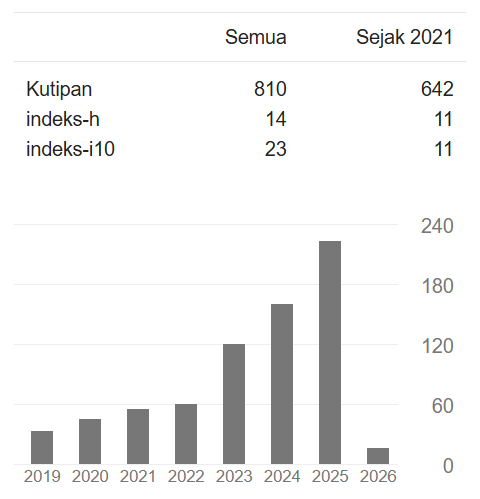THE EPISTEMOLOGY OF HEART-MIND IN THE SPIRITUAL TEACHINGS OF MUHYIDDIN IBN ‘ARABI
Keywords:
Presence, heart, oneness of beingAbstract
Ibn ‘Arabi off ers a unique framework for explaining the structures of knowledge. His epistemology is referenced within the Oneness of Being (wahdāt al-wujūd), and all knowledge is ultimately the knowledge that the Being has of Itself through Its own self-disclosure. The human form mirrors this self-disclosure, and within this form he situates the center of the human experience in the faculty of the heart (qalb). Through interactions with the faculties of mind, refl ection and imagination, he provides a robust model for an epistemology that explains the workings of mind and the creation of the many beliefs about God. He intimates at the highest human potential which is the immediate perception of the Real as It appears to the heart in every moment, a condition of complete union known as the ‘Station of No Station’. The demands of post-modern thought insist on epistemologies that honor relativism by granting the multiplicity their ontological status. Additionally, the emergent paradigm suggested by integral studies suggests a holistic view of human development that builds on a vision of integrated body, mind and spirit. Ibn ‘Arabi’s epistemology is singularly capable of addressing these issues as he outlines the timeless structures and processes that comprise human sentience.
Downloads
Downloads
Published
How to Cite
Issue
Section
License
Copyright (c) 2012 Sekolah Tinggi Filsafat Islam (STFI) Sadra

This work is licensed under a Creative Commons Attribution-NonCommercial-ShareAlike 4.0 International License.
Most read articles by the same author(s)
- Nikos Yiangou, THE RUINS OF LOVE: IBN ‘ARABI’S POETICS OF PERPLEXITY , Kanz Philosophia: A Journal for Islamic Philosophy and Mysticism: Vol. 2 No. 2 (2012): December

























